Every year, donation centers receive countless items from generous individuals hoping to give their belongings a second life. However, not all donations can be resold. Here’s a list of 11 common donations that thrift stores and charity organizations often can’t put back on the shelves.
1. Old Mattresses
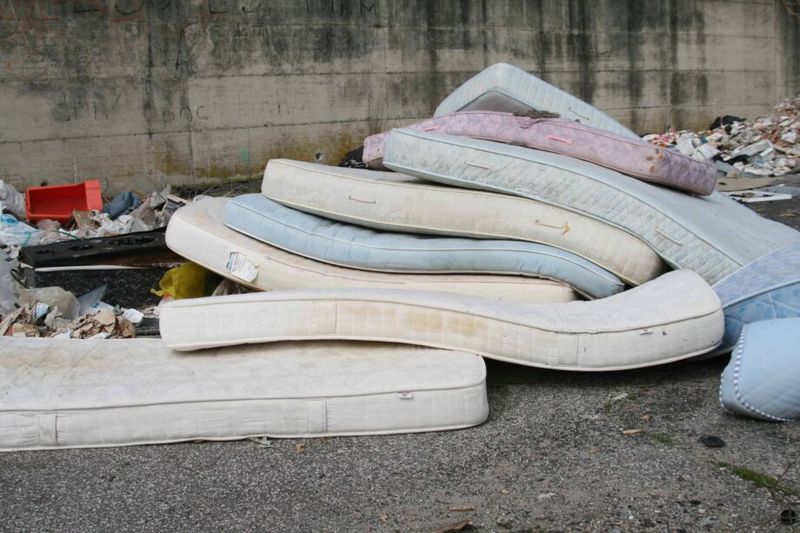
Mattresses, once they’ve served their time, become a conundrum for donation centers. A common problem is their inability to be cleaned thoroughly, posing hygiene risks. Additionally, bed bugs might be lurking, undetected, within the seams, making these large items a challenging donation.
Most thrift stores won’t accept them due to health regulations. Instead, they often end up contributing to landfill waste. It’s advisable to explore recycling programs specifically tailored for mattress disposal.
2. Children’s Car Seats
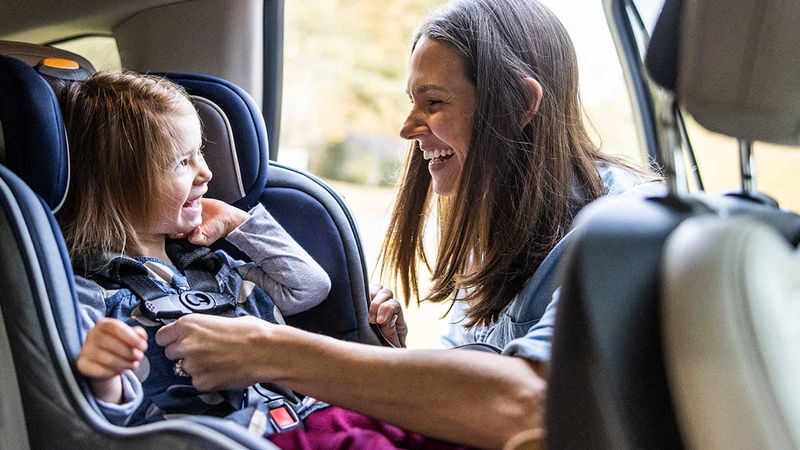
Parents frequently upgrade car seats as their children grow, but not every car seat can be passed down. Once a car seat reaches a certain age, it may no longer meet safety standards, and it might show signs of wear that compromise its functionality.
Given these safety concerns, donation centers typically refuse them. Instead, check for recycling programs run by manufacturers or community initiatives aimed at plastic waste reduction.
3. Used Undergarments

Used undergarments, no matter how gently worn, face refusal at most donation centers. Hygiene concerns make these personal items difficult to sanitize appropriately for resale.
Instead of donating, consider recycling them through specialized fabric recycling programs that convert textiles into industrial materials or insulation.
4. Broken Electronics
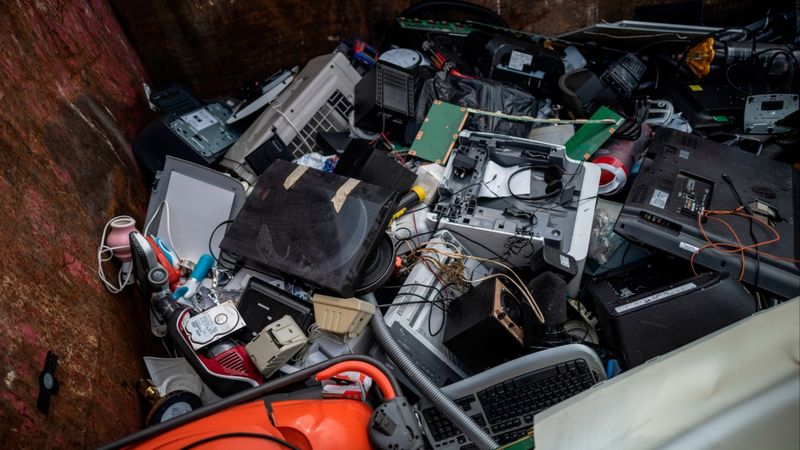
Broken electronics often find their way to donation bins, yet they are typically unsellable. Repair costs or the inability to access necessary parts make them more trouble than they’re worth.
Instead, seek out electronic recycling centers that can safely dispose of or repurpose materials, preventing environmental harm from improper disposal.
5. Damaged Furniture
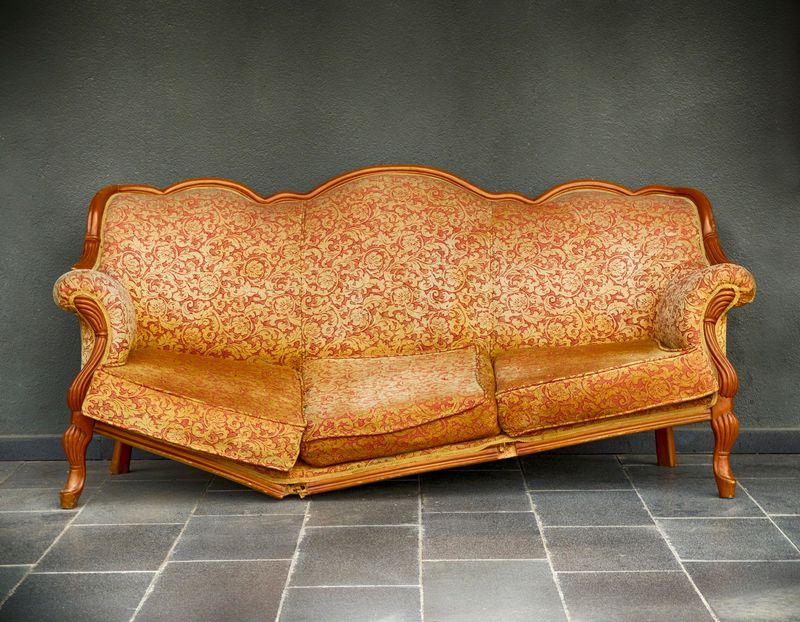
Damaged furniture, such as tables missing legs or chairs with broken backs, pose a dilemma. While the intent to donate is noble, the repair costs often outweigh the value of the item.
Donation centers prefer furniture in usable condition. Consider upcycling projects or recycling facilities to give these items a new purpose without burdening thrift stores.
6. Expired Food Items
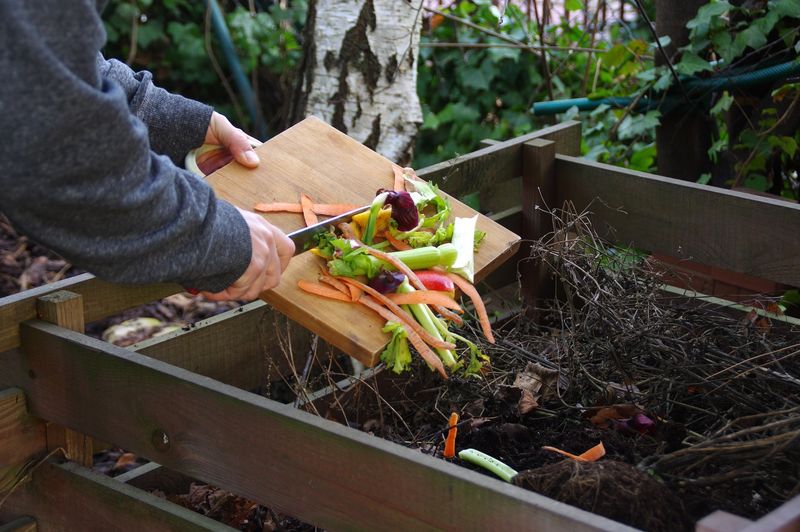
Food banks often find expired food items in their donation boxes, which cannot be distributed due to health regulations. Despite the good intentions, these products are unsellable and unsafe.
Instead, regularly check your pantry and donate before items reach their expiration date. This ensures food donations remain safe and consumable for those in need.
7. VHS Tapes
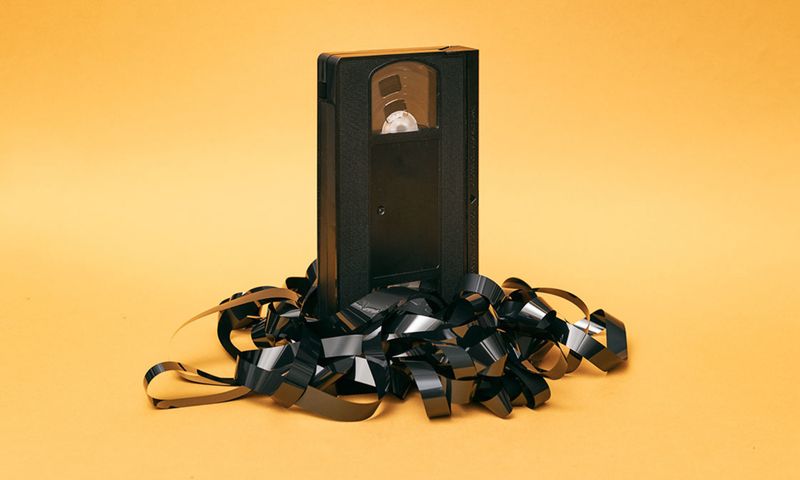
With the advent of digital media, VHS tapes have become obsolete, leaving donation centers with stacks of unsellable tapes. Most lack the necessary equipment to even play them.
These old-school relics can be recycled at specialized centers rather than taking up space on thrift store shelves.
8. Used Tires
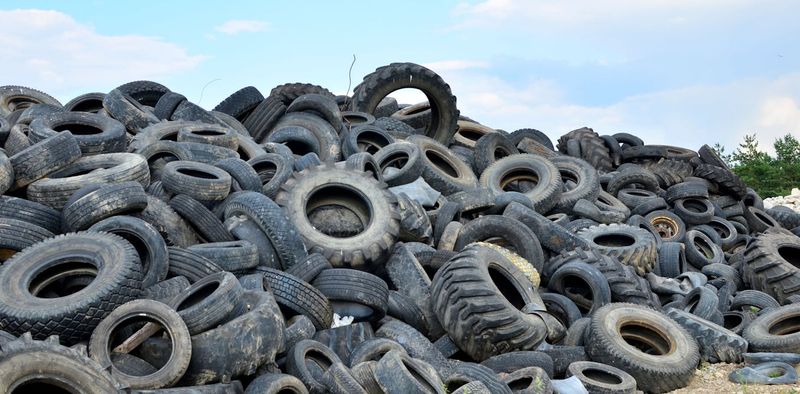
Used tires, with their distinctive round shape, are not easy to resell. Thrift stores lack the space and means for appropriate disposal, given the environmental risks associated with tire waste.
Seek out tire recycling programs that repurpose rubber into new products, reducing landfill waste.
9. Pesticides and Chemicals
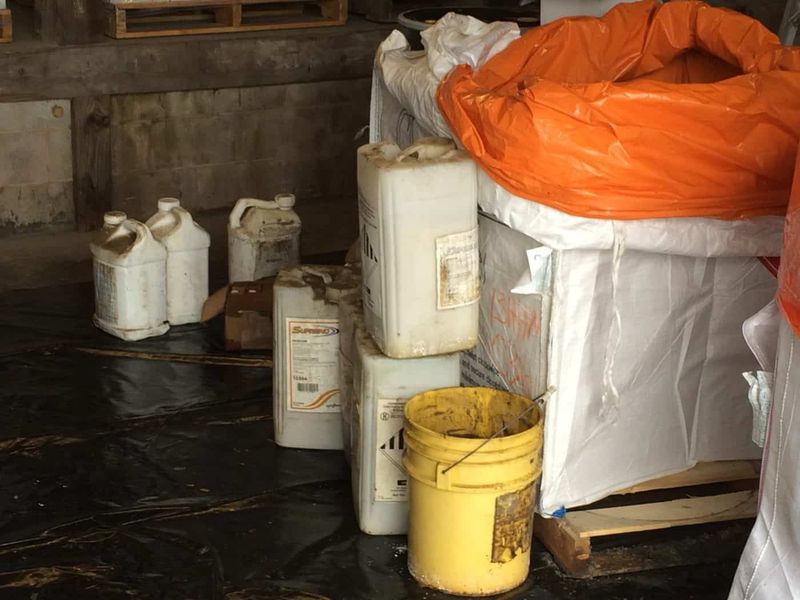
Household chemicals and pesticides are common but dangerous donations. They pose significant risks due to their toxic nature and the potential for leaks or spills.
These items require specialized disposal methods to prevent environmental contamination. Local hazardous waste programs can assist in safely discarding these materials.
10. Old Encyclopedias
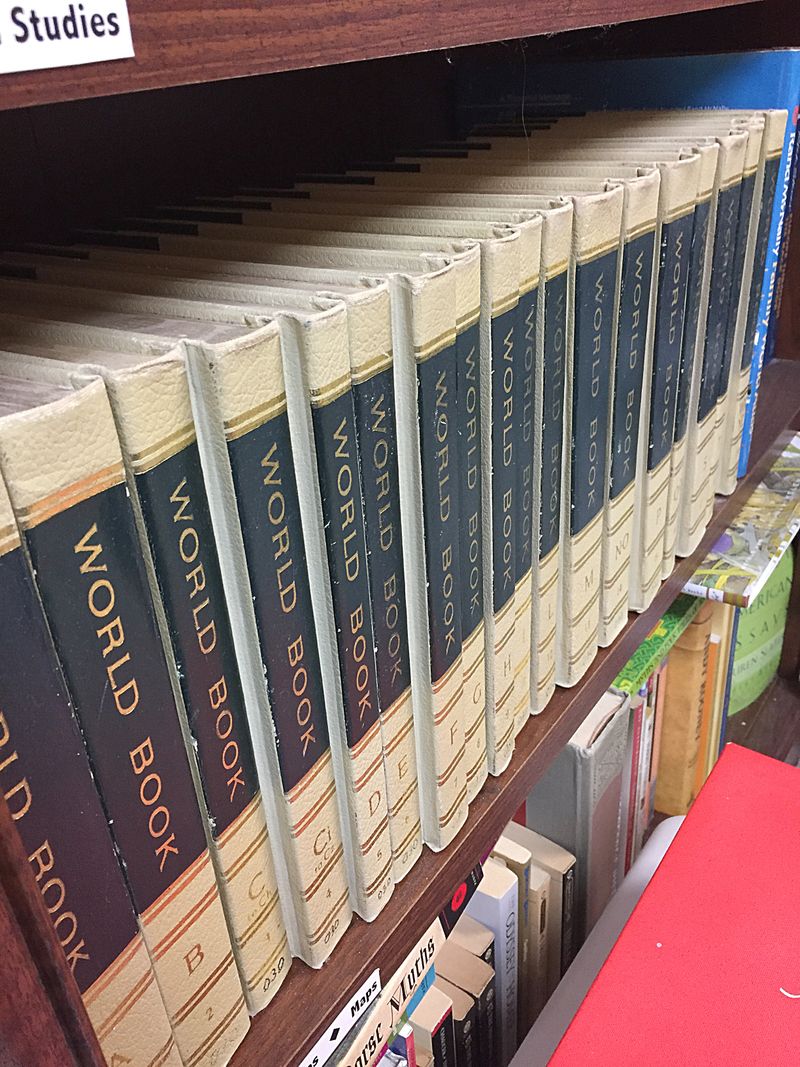
Once invaluable, encyclopedias now gather dust due to the digital age. Their outdated information makes them unsellable in most cases. Libraries and schools rarely accept them, given the space they require.
Consider recycling the paper or donating to art projects that can repurpose the material creatively.
11. Stuffed Animals
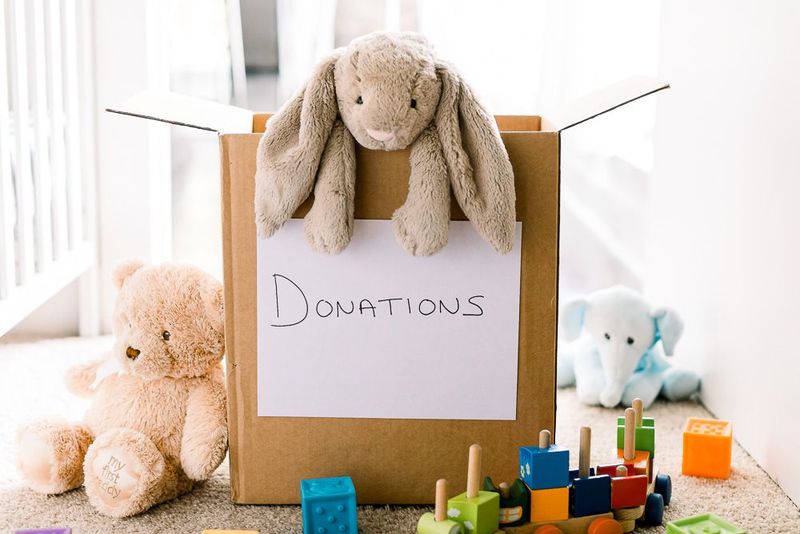
Stuffed animals, beloved by children, often arrive in donation centers in less-than-perfect condition. Wear and tear, coupled with potential allergens, make them unsuitable for resale.
Consider cleaning and repairing them if possible, or donating to animal shelters where they can serve as comfort items for animals.

